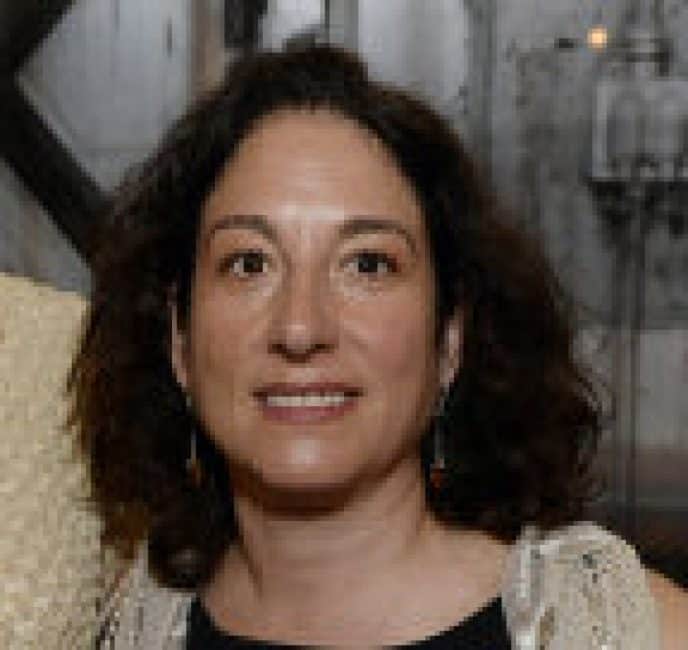
Aboriginal activists say end of residential school commission is just the start of the conversation
Originally published in The Toronto Star, May 30, 2015
18 foundations and philanthropic organizations signed declaration to bring aboriginals and non-aboriginals together.

When the Truth and Reconciliation Commission presents its final recommendations, it will mark the end of many years of struggle to get a full and transparent accounting of what occurred when the Crown confiscated aboriginal children from their parents, a practice that went on for more than 150 years.
But for Andrea Nemtin and Wanda Brascoupé Peters, the work is far from over. These women, who run the Inspirit Foundation and The Circle on Philanthropy and Aboriginal Peoples in Canada, believe the final report shouldn’t be seen as the end of the process of national reconciliation, but instead its beginning.
“Now it’s our time to play our role in the reconciliation,” said Nemtin. “Moving forward, we need to all be there to form a new relationship between aboriginal and non-aboriginal people.”
Nemtin and Brascoupé Peters will be delivering a declaration signed by 18 charities, foundations and philanthropic organizations, pledging millions of dollars to programs that will work toward mutual understanding and respect between all peoples coast to coast.
“Reconciliation is a large word. It can mean different things to different people, much like philanthropy,” said Brascoupé Peters. “It’s going to take multiple different voices on multiple different topics to have a lasting effect. It’s not just one thing.”
In a ceremony befitting a treaty, the declaration will be presented to the Truth and Reconciliation Commission in a formal ceremony in Ottawa.
“Today we, the undersigned, come to you as a group from Canada’s philanthropic community,” reads an advanced copy of the declaration provided to the Star. “We bring with us our networks, our voices, and our resources, along with new ways of thinking and doing to our work.”
Signatories include the Laidlaw Foundation, Ontario Trillium Foundation, RBC Foundation, TD Bank Group, The Martin Aboriginal Education Initiative and The Molson Foundation.
“We are committed to supporting the fulfilment of the vision of Aboriginal Peoples, to building a fairer and more just country, and to the recommendations that will be outlined by the findings of the Truth and Reconciliation Commission …This is an important calling to which all of us are duty bound to respond.”
Nemtin and Brascoupé Peters hope the declaration will stand as a guiding document that will shape spending in the philanthropic sector for years to come, but point out that projects are already up and running.
They include the Canadian Roots Exchange, the 4Rs Youth Movement, {Re}conciliation, the Canadian Learning Bond and Canadians for a new partnership.
“We’re working together both to create change and create relationships,” said Nemtin. “As Murray Sinclair said: reconciliation requires both a new way of listening and a new way of talking.”